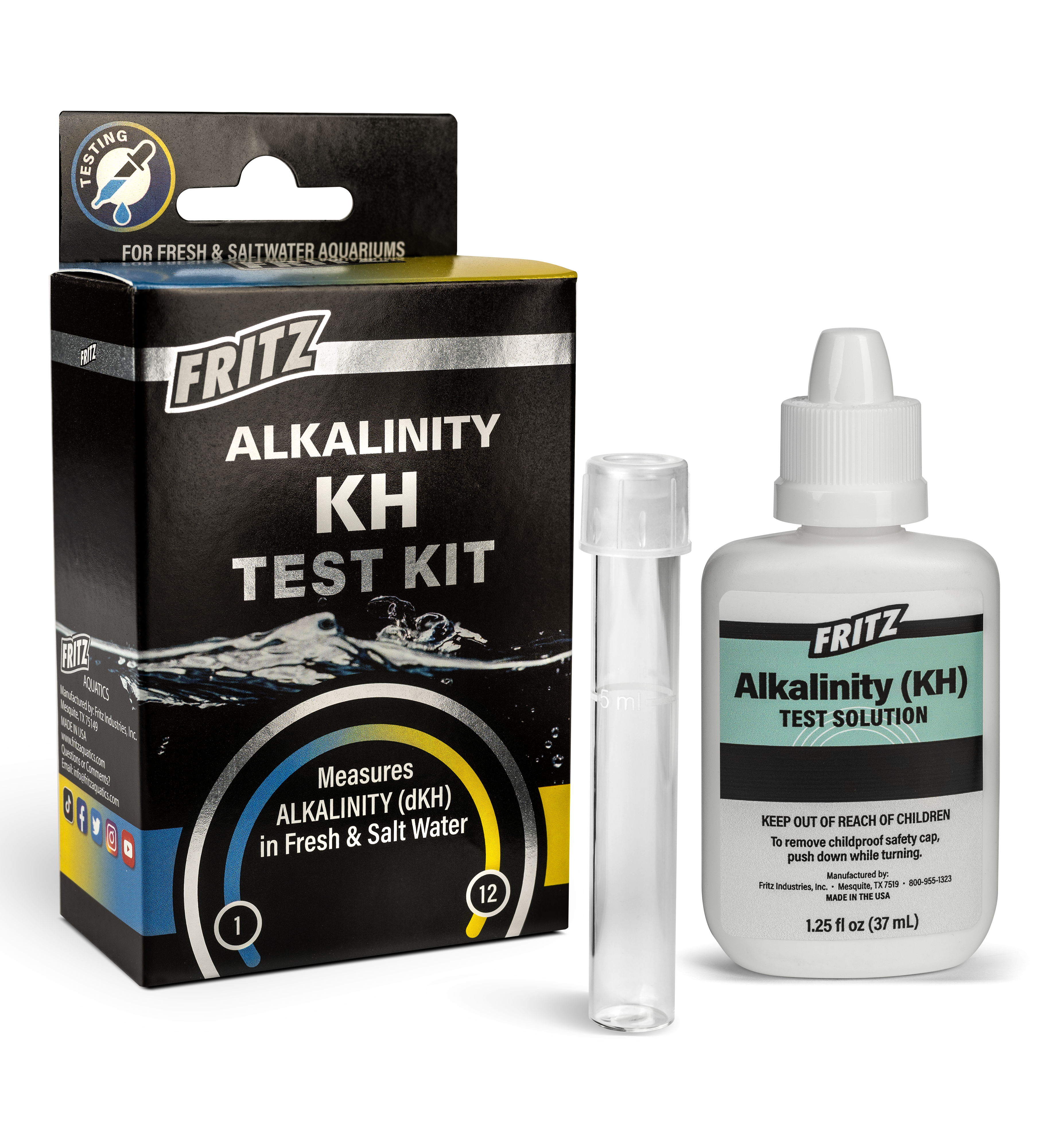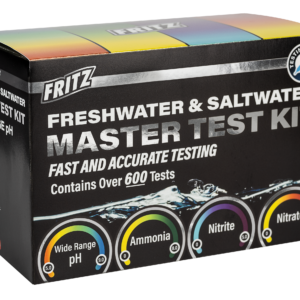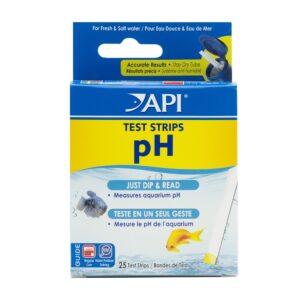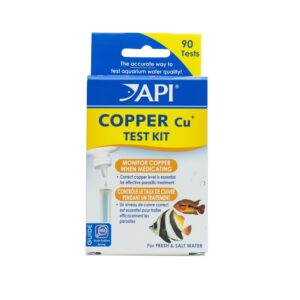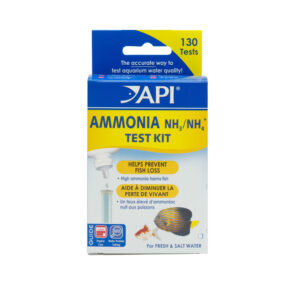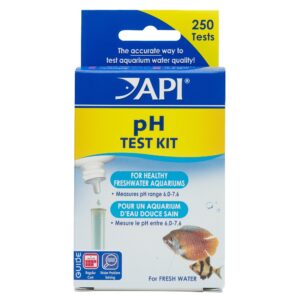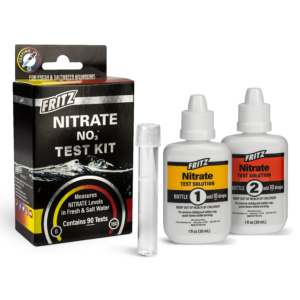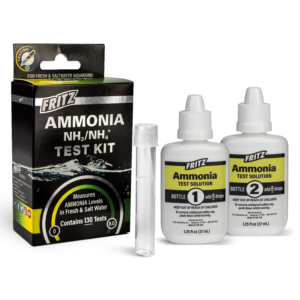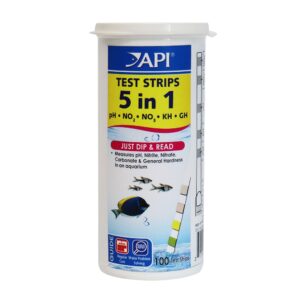-
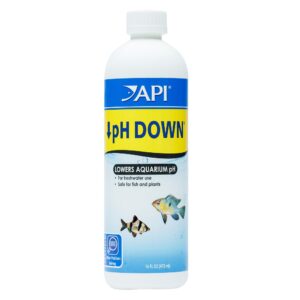 API pH Down Prof. Size 16oz
×
$29.362 × $14.68
API pH Down Prof. Size 16oz
×
$29.362 × $14.68 -
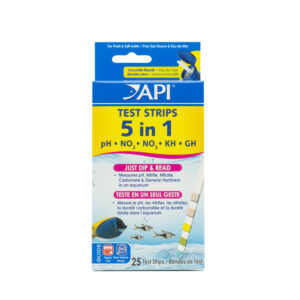 API 5-in-1 Aquarium Test Strips 25ct FW/SW
×
$12.981 × $12.98
API 5-in-1 Aquarium Test Strips 25ct FW/SW
×
$12.981 × $12.98 -
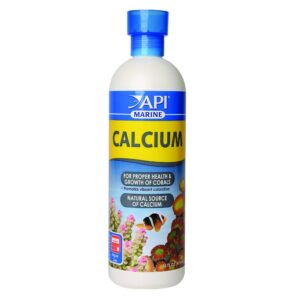 API Marine Calcium 16oz
×
$12.981 × $12.98
API Marine Calcium 16oz
×
$12.981 × $12.98 -
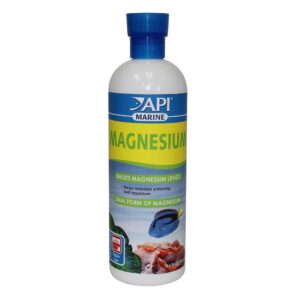 API Marine Magnesium 16oz
×
$12.981 × $12.98
API Marine Magnesium 16oz
×
$12.981 × $12.98 -
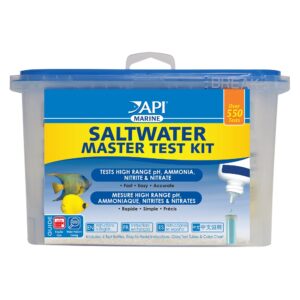 API Saltwater Master Test Kit
×
$35.981 × $35.98
API Saltwater Master Test Kit
×
$35.981 × $35.98 -
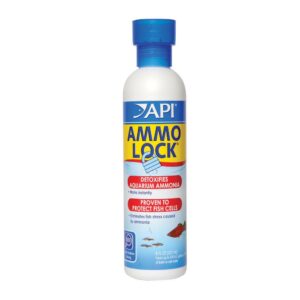 API Ammo Lock 8oz
×
$10.981 × $10.98
API Ammo Lock 8oz
×
$10.981 × $10.98 -
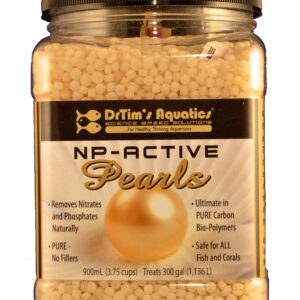 Dr. Tim's NP-Active Pearls (300 gal)
×
$76.391 × $76.39
Dr. Tim's NP-Active Pearls (300 gal)
×
$76.391 × $76.39 -
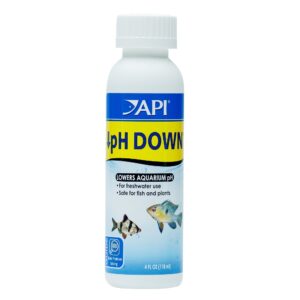 API pH Down 4oz
×
$5.881 × $5.88
API pH Down 4oz
×
$5.881 × $5.88 -
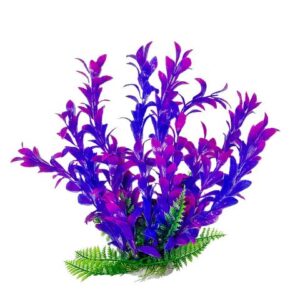 Hygro-like 12" w/weighted base Bag & Header, Pink/Purple
×
$9.991 × $9.99
Hygro-like 12" w/weighted base Bag & Header, Pink/Purple
×
$9.991 × $9.99 -
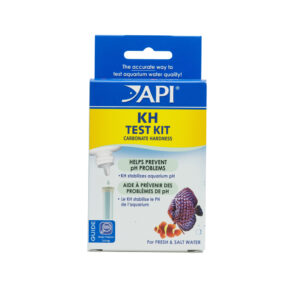 API KH Test Kit FW/SW
×
$17.962 × $8.98
API KH Test Kit FW/SW
×
$17.962 × $8.98 -
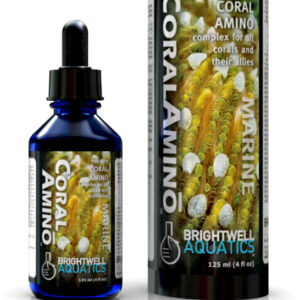 Brightwell CoralAmino 60ml
×
$27.231 × $27.23
Brightwell CoralAmino 60ml
×
$27.231 × $27.23 -
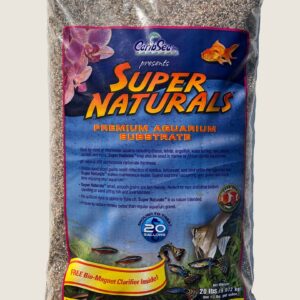 CaribSea Super Natural-Jungle River Sand 20lb
×
$19.841 × $19.84
CaribSea Super Natural-Jungle River Sand 20lb
×
$19.841 × $19.84 -
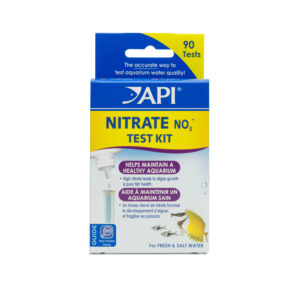 API Nitrate Test Kit FW/SW
×
$13.981 × $13.98
API Nitrate Test Kit FW/SW
×
$13.981 × $13.98 -
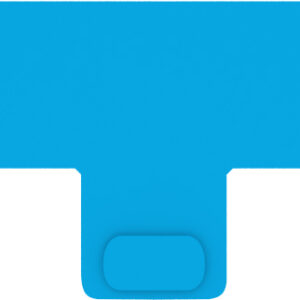 Continuum AquaBlade P Acrylic Blade 30pk
×
$43.781 × $43.78
Continuum AquaBlade P Acrylic Blade 30pk
×
$43.781 × $43.78

